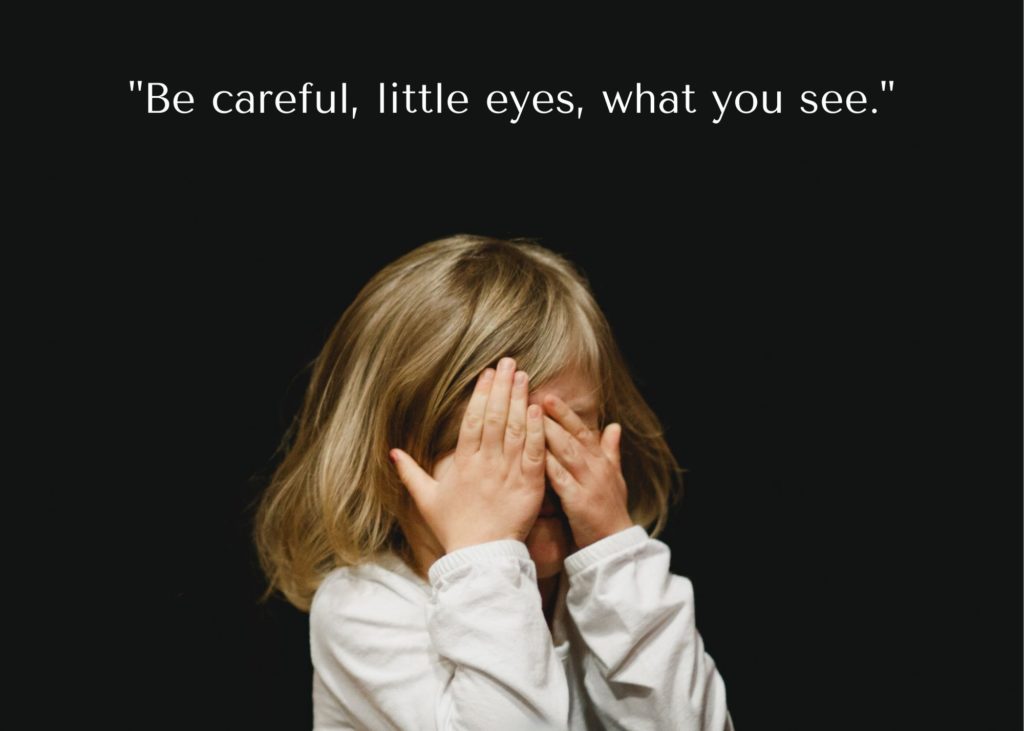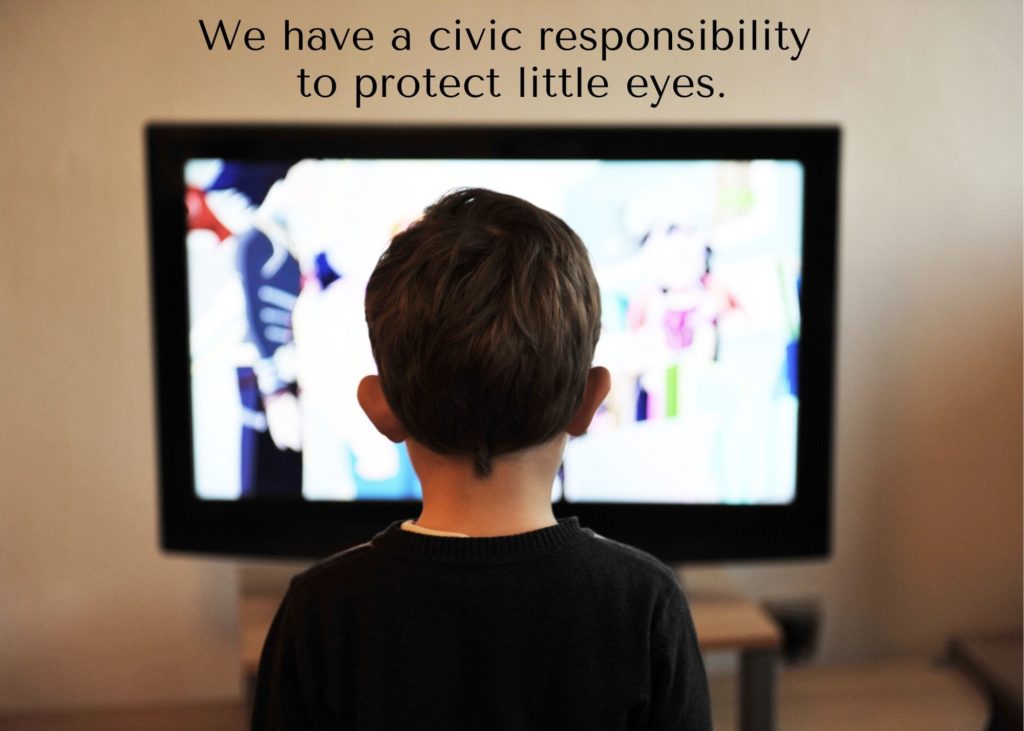Should Christians Be Concerned about the Super Bowl Halftime Show?
February 10, 2020
It’s been more than a decade since the infamous “wardrobe malfunction” with Janet Jackson and Justin Timberlake, which caused a huge uproar in 2004. But Super Bowl LIV’s halftime show, featuring performances by Shakira and Jennifer Lopez, lit up Facebook and Twitter feeds like the Fourth of July. Backlash swelled across cyber space like a tsunami with critics calling this year’s offering “racy” and “too sexual.” The performance was even referred to as “Stripperbowl 2020.”
Franklin Graham tweeted,

Graham’s points were astute, but I was surprised to see some of my online Christian friends supporting the performance and condemning Graham and anyone else who dared to criticize the show.
Are Christians overreacting, or should we be concerned about the Super Bowl halftime show?
Before we answer that question, let’s answer a few other questions that have come up in the firestorm following the show.
Should Christians police the media?


These were some of the angry comments I received when challenging how appropriate this year’s halftime show was for mass consumption.
With over 100 million viewers, many of them children, do Christians have a right to complain about a show that features scantily clad women dancing on poles and showing parts of their body that only a spouse or their gynecologist should see?
I think they do. I think that everyone does, at least everyone who cares about what little eyes see.
If the Super Bowl halftime show extolled the merits of drug and alcohol use in front of children, the public outcry would have been deafening. But somehow sexually explicit images of women dancing with ropes and poles in front of kids is perfectly acceptable.
When I addressed the show’s racy content with one friend, I was told,

What an intriguing example. My friend acknowledged that the content was harmful to children, and yet it is only the parent’s responsibility to protect children from that harm. There is no civic responsibility whatsoever.
That attitude strikes me as incredibly dismissive and dangerous. And even callous.
Obviously, I wouldn’t leave my kids out in the street to be hit by a car. But I don’t want to leave anybody’s kids out in the street to be hit by a car. Who does? Do you?
Protecting children is a reasonable standard to expect in a show that millions of children watch. I think that we should care about what little eyes see, even if those little eyes aren’t our personal responsibility.

Why should we protect children from a sexually explicit halftime show?
Commentators like Kristen Ruby, president of Ruby Media Group, did not mince words about her perception of the show:

Given that the average age a child first sees pornography is 11, and 94% of children will experience porn by the age of 14, a show that serves as a gateway to that addiction should concern us all. Porn addiction in teens has been shown to increase the odds of teenage pregnancy, hinder sexual development, raise the risk of depression, and create distorted expectations that hinder healthy sexual development.
As Christians and as concerned citizens, we have a civic responsibility to prevent that type of material from being aired to tens of millions of children during a prime-time sporting event on a major network.
Pornography is clearly detrimental for little eyes, but what about big eyes? How does the porn industry affect adults? Recent stats show:
- “Over 40 million Americans are regular visitors to porn sites.”
- 47% of homes in the U.S. report that porn is a household problem.
- Marital infidelity increases 300% in couples where pornography is used.
- “56% of American divorces involve one party having an ‘obsessive interest’ in pornographic websites.”
With porn being a systemic problem in society contributing to the demise of countless marriages and families, a halftime show serving as a gateway to porn addiction should concern us all.

Should the Super Bowl Halftime show be family friendly?
Another commentator tried to deflect from this year’s performance by pointing to other questionable material, or rather, lack of material, in sporting events. She said:

Pointing out other unsavory elements in prime-time sporting events is a clever tactic, but ultimately, it fails.
While it is true that cheerleaders wear little uniforms, they pale in comparison to the amount of skin revealed in this year’s halftime show. When cheer leaders trade in their pom-poms for ropes and stripper poles, and when their routines contain erotic spread-eagle choreography, we should complain about that too. But there is a vast difference between cheerleading routines, rarely televised, and what we saw in the Super Bowl.
Are those who complain just “woman-shaming?”


An angry supporter said these things when I insisted that J Lo’s performance was not appropriate for children. I wasn’t aware that Super Bowl halftime performers were forced into their costumes.
Let me be clear, I never want to shame a woman—but there are things a woman can do that are shameful.
I would contend that dancing in front of children with a piece of cloth the size of a band-aid covering your private parts is one of those things. If that makes me a prude, or a woman-shamer, then so be it.
But I don’t think it does. Calling someone who is concerned about the Super Bowl halftime show a “woman-shamer” is an ad hominem attack intended to silence the opposition with a label. And in this case, the label doesn’t fit.
Expressing concern for children, for the representation of women in our culture, and for men and boys struggling with pornography addition, does not make you a “woman-shamer.”
It makes you a citizen who is concerned about the health and well-being of others.
Does expressing concern over the show contribute to victim blaming?
One of the more interesting comments I saw online claimed that connecting Shakira and J Lo’s halftime show to female exploitation, sex-trafficking, and other forms of sexual abuse contributes to victim blaming. This friend said:

She made some excellent points. Nothing condones sexual crime. NOTHING.
But I think that we are unwise to pour gasoline on a smoldering fire, drop a lit match, and walk away expecting everything to be a-ok. After all, if a man’s lust can penetrate a burka, how much more is it inflamed when viewing a woman’s nearly naked body?
This type of entertainment feeds the beast that can cause abuse of women. And misogyny. And marginalization. And exploitation. And addiction to pornography. It feeds a man’s struggle.
We are all born sinners, but predators aren’t born predators. They become predators by indulging their sin nature. I wish that a Super Bowl halftime show didn’t indulge our sin nature.
To be clear, any resulting abuse of women and children is NEVER justified. Ever.
BUT neither is the provocation.
As a society, we must condemn victim blaming, but we must also not praise programming that incites dangerous passions.
What drives the porn and sex-trade industry is sexual sin. Feeding that monster is the root of the problem. You cannot separate the root from what it produces.
So, should Christians be concerned about the Super Bowl Halftime show?
Yes. They should be. Everyone should be.
As Franklin Graham said, we have an obligation to protect children. So, we have an obligation to condemn programming that harms children, families, and marriages. We have an obligation to close gateways to porn addiction. We have an obligation not to inflame dangerous passions. We have an obligation to promote safe standards in the media.
And to be clear, this isn’t some stodgy, straight-laced Christian position.
This is a humanitarian position.
“Five Myths About Motherhood that Make You Feel Mere,
and Why They’re Wrong”
Sign up to be encouraged with the e-book
Meet catherine
Catherine Segars is an award-winning actress and playwright — turned stay-at-home-mother—turned author, podcaster, speaker and blogger. She is dedicated to helping parents be a godly example for their kids in an ungodly world.
Brand Design + Website by Carrylove Designs
@catherinesegars
Brand + Website Design by Carrylove Designs
